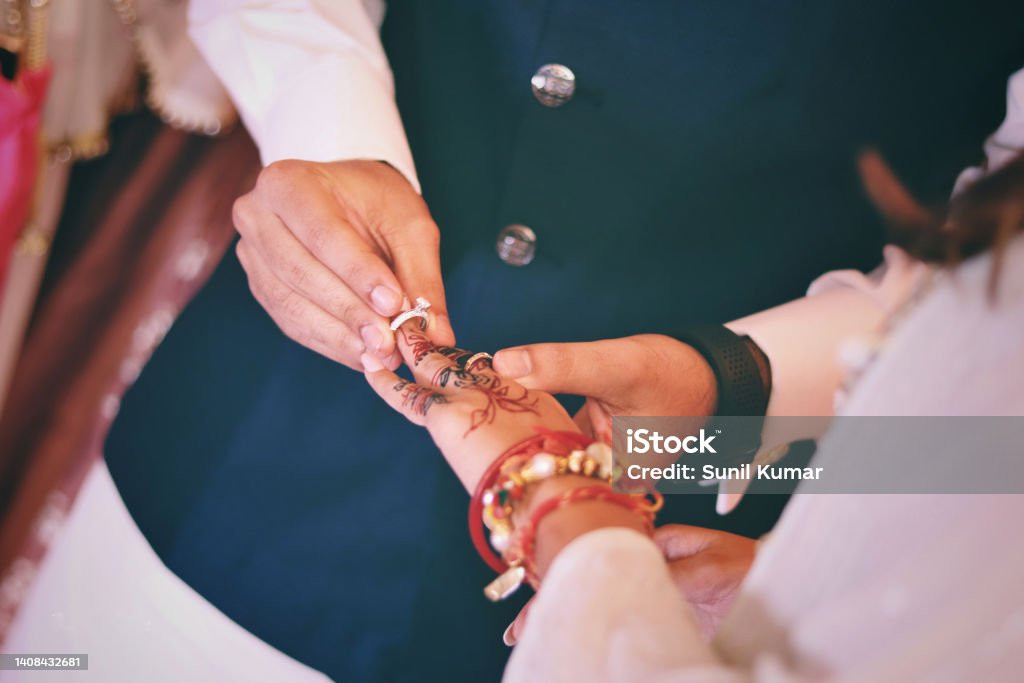
"Muslim Matrimony: The Beginning of True Love"
Wedding Tips
Muslim matrimony is a profoundly significant event that signifies the commencement of genuine love between two individuals. It is a moment when two souls embark on their life journey together, sharing both joys and sorrows. The Muslim community holds this marriage process in high regard, considering it a reflection of God's will. This traditional ceremony includes the following significant customs:
- Nikah: This is the formal declaration of marriage, where both families are present, and the terms of the marriage contract, including the bride's meher (dower), are agreed upon.
- Ruksati: It involves the bride's father granting permission for her marriage, and the bride then sets off on her journey to her new home.
- Aruusi: This is the time when the bride leaves her parental home to enter her new household, marked by elaborate ceremonies and the preparation of special feasts.
- Walima: This signifies the preparation of a feast hosted by both sides of the family, attended by friends, relatives, and the community.
- Aqiqah: In this ceremony, a piece of gold jewelry is placed in the newborn's ear as a symbol of their protection.
Muslim matrimony is a symbol of true love and commitment between two individuals, with the purpose of starting a happy life together. Additionally, it brings not only two individuals but also two families together, strengthening community bonds and providing an opportunity for unity.